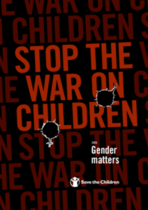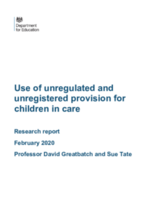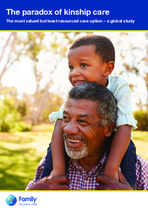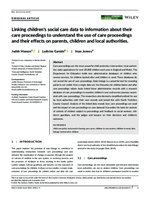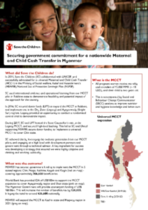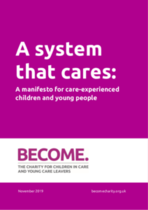Stop the War on Children 2020: Gender matters
This report delves into the differences between boys’ and girls’ experiences through a gendered analysis of the six grave violations of children in conflict, including recruitment of children by armed forces and child abduction. The report makes reference to the vulnerabilities faced by girl heads of household or unaccompanied and separated girls on the move and calls for interventions such as family tracing and reunification, the provision of alternative care for unaccompanied and separated children, and the release and reintegration of children associated with armed forces and armed groups.

